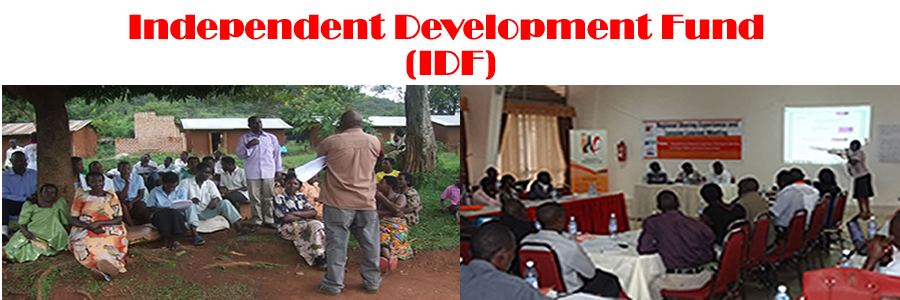To
address the above challenges CARA with support from Independent development
Fund (IDF) employed different strategies to empower the community with the ability to manage and solve their own problems through
its project “Promoting the rights of women and children for HIV Prevention in
Buhweju district”. Specifically CARA strengthened institutional capacities
at local and district levels to enhance promotion of women and children’s
rights in the district. This was done through training paralegals (human rights
activists) and orienting local council leaders about their roles and
responsibilities in the promotion of women and children’s rights. In total, CARA trained 120 adults as Human Rights
Activists, 140 Children Peer educators and oriented 120 local council leaders.
During
the trainings, channels of reporting cases were emphasized,
and, by the end of the project there was an increase in the number of
cases reported on human right violations; at
least 80% of the community members and the children had known where, how and
when to report what conflict.
A
survey baseline report at CARA indicates that at the beginning of the project
in 2011 only 10 cases of women rights violations were reported quarterly and
that by 2012 the number of reported cases had shot to at least 50 cases. By end
of 2011 itself, reports indicated 102 cases reported at CARA office, 59
referred to different authorities that included the police, Community
Development Offices, and probation and welfare offices.
In a nutshell the project achieved
its intended objectives and created positive impact; through
the capacity building activities conducted, improved knowledge and skills of
communities especially the trained peer educators and local leaders in handling
human rights violation cases and increased awareness and
dissemination of Human Rights messages among women, men and children was
registered, for example; the project had targeted to reach 33,460 people with
HR and HIV prevention messages, but by the end of the project, 103,525 people
had been reached. The
utilization of these messages is seen to have led to increased reporting and
action on these cases. Consequently the number of GBV and child abuse cases
reduced significantly as illustrated in trend analysis above. This suggests
that respect, fulfillment and observance of children and women’s rights
increased. As a result, the beneficiaries are living in peace and harmony and
their quality of life has improved significantly.
Lesson Learned:
Women’s enthusiasm to learn and to
cause positive change should never be underestimated. They should always be
involved and empowered with the right information to change their situations.

